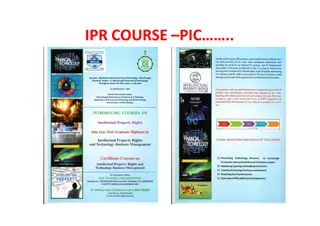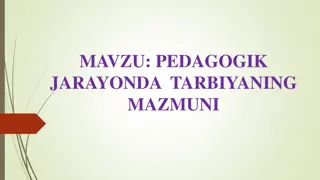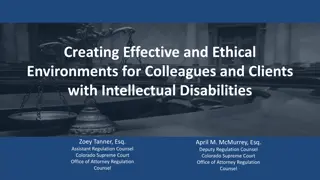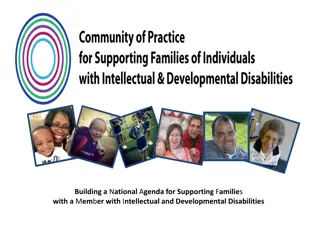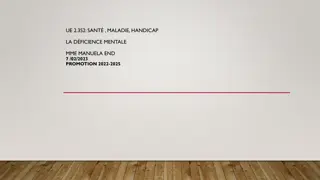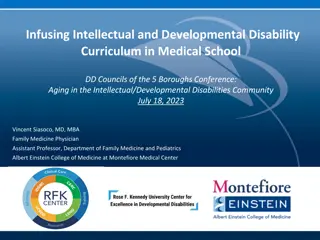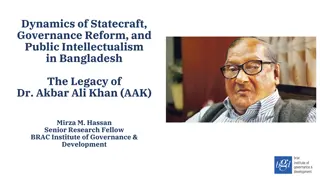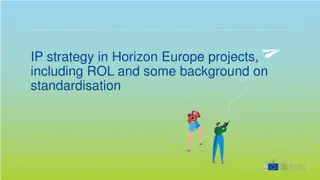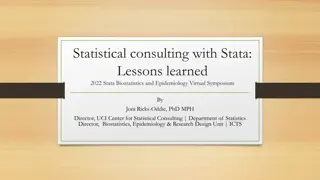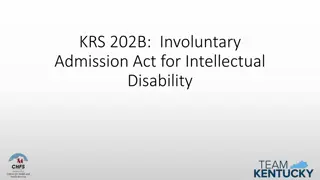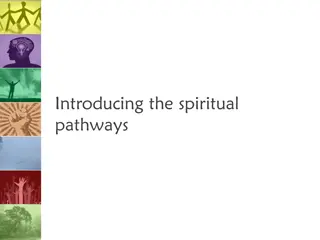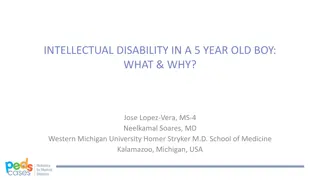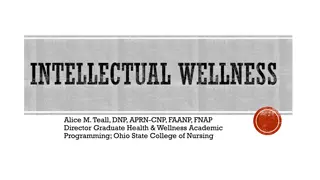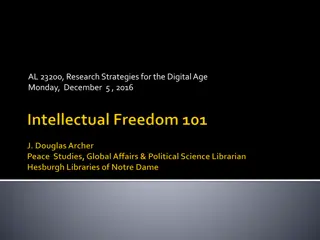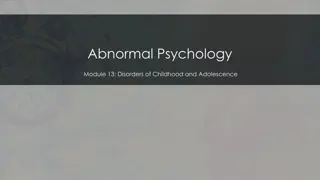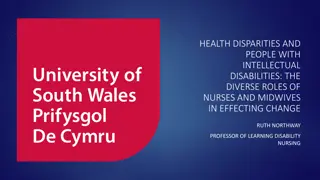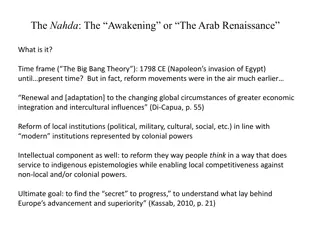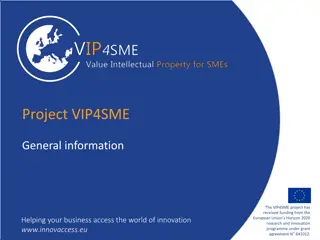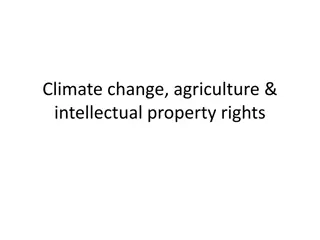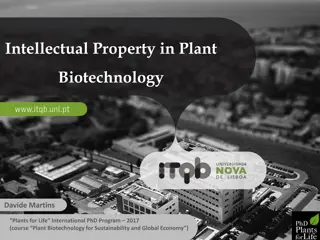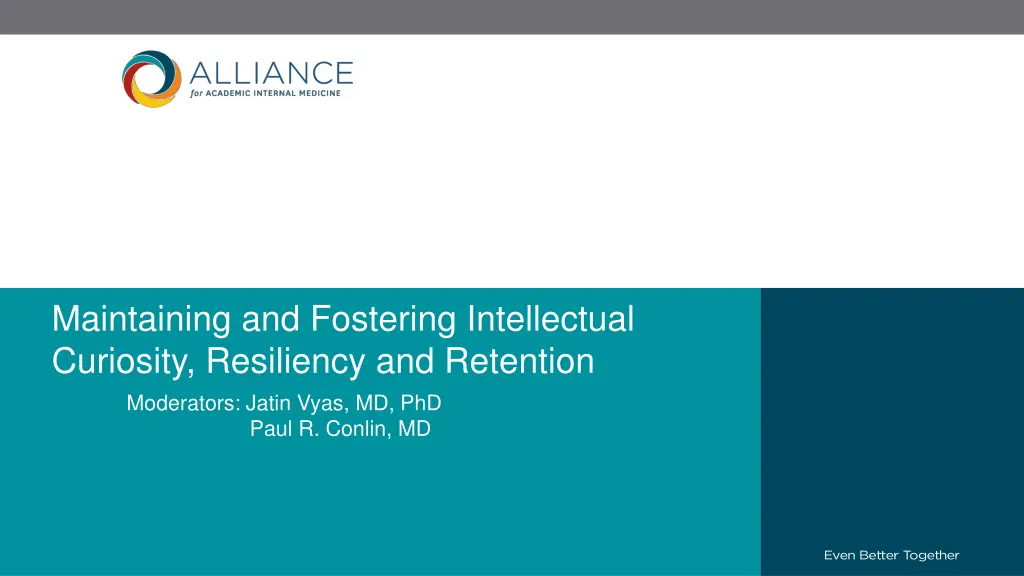
Cultivating Intellectual Curiosity, Resilience, and Retention in Medical Training
Explore the importance of fostering curiosity, resilience, and retention among physician-scientists in medical training. Learn about building and maintaining curiosity, overcoming factors that stifle research interests, and strategies for retention during transitions. Discover insights and strategies for success in academic medicine.
Download Presentation

Please find below an Image/Link to download the presentation.
The content on the website is provided AS IS for your information and personal use only. It may not be sold, licensed, or shared on other websites without obtaining consent from the author. If you encounter any issues during the download, it is possible that the publisher has removed the file from their server.
You are allowed to download the files provided on this website for personal or commercial use, subject to the condition that they are used lawfully. All files are the property of their respective owners.
The content on the website is provided AS IS for your information and personal use only. It may not be sold, licensed, or shared on other websites without obtaining consent from the author.
E N D
Presentation Transcript
Maintaining and Fostering Intellectual Curiosity, Resiliency and Retention Moderators: Jatin Vyas, MD, PhD Paul R. Conlin, MD
Maintaining and Fostering Curiosity, Resilience and Retention 1. Building curiosity- For those without prior research experience, can curiosity be developed during residency/fellowship training? R38 mechanism permits full time opportunity to explore research For those with prior research training, how do you maintain curiosity during residency/fellowship training? Have early connections to mentors to carry on discussion about scientific training. For both Rethink 3 years of training, given intensity of patient experiences in today s medicine As we shorten basic science in pre-clinical curriculum, integrate basic science in the framework of what we do not know
2. Resilience What are key factors that stifle research interests? The artificial constructs of compartmentalization during training does not reflect life as a faculty. Reintegrate research/mentoring throughout training. Clinical training can be viewed as dominant, which minimizes fostering research interests during this phase of training. Do physician-scientists need to be treated differently by their programs/institutions and if so, how? At some institutions, they are treated differently This is a reflection of some difficult choices that need to be made strategically. Projects may not be fully ready and need more time Some fellowship slots are already dedicated to physician-scientists Institutional supports exist to support scientists and these benefit oyr physician-scientists as well.
3. Retention What are key factors that lead to attrition at the resident-to-fellow transition? Does short-tracking make a difference? Is staying at the same institution necessary (or preferable) for success? A key strategic goal is the retention of physician-scientists to ensure long-term success of the academic medicine model. Needs to be applied throughout the pipeline Hopkins Model Scholar s program short application for research during fellowship training. Meant for research funds, not salary support. Key goals early mentorship, retention. Funded by philanthropy 13 awards ($25K for 2 years, currently focused in DOM. Apply during residency. The key area is between fellow faculty. K success rates play a large part here.

